
Color, 1982, 122 mins. 31 secs.
Directed by Costa-Gavras
Starring Jack Lemmon, Sissy Spacek, Melanie Mayron, John Shea, Charles Cioffi
Indicator (Blu-ray) (UK RB HD), Criterion (DVD) (US R1 NTSC), Arte Editions (Blu-ray) (France RB HD), Universal (DVD) (US R1 NTSC) / WS (1.85:1) (16:9)
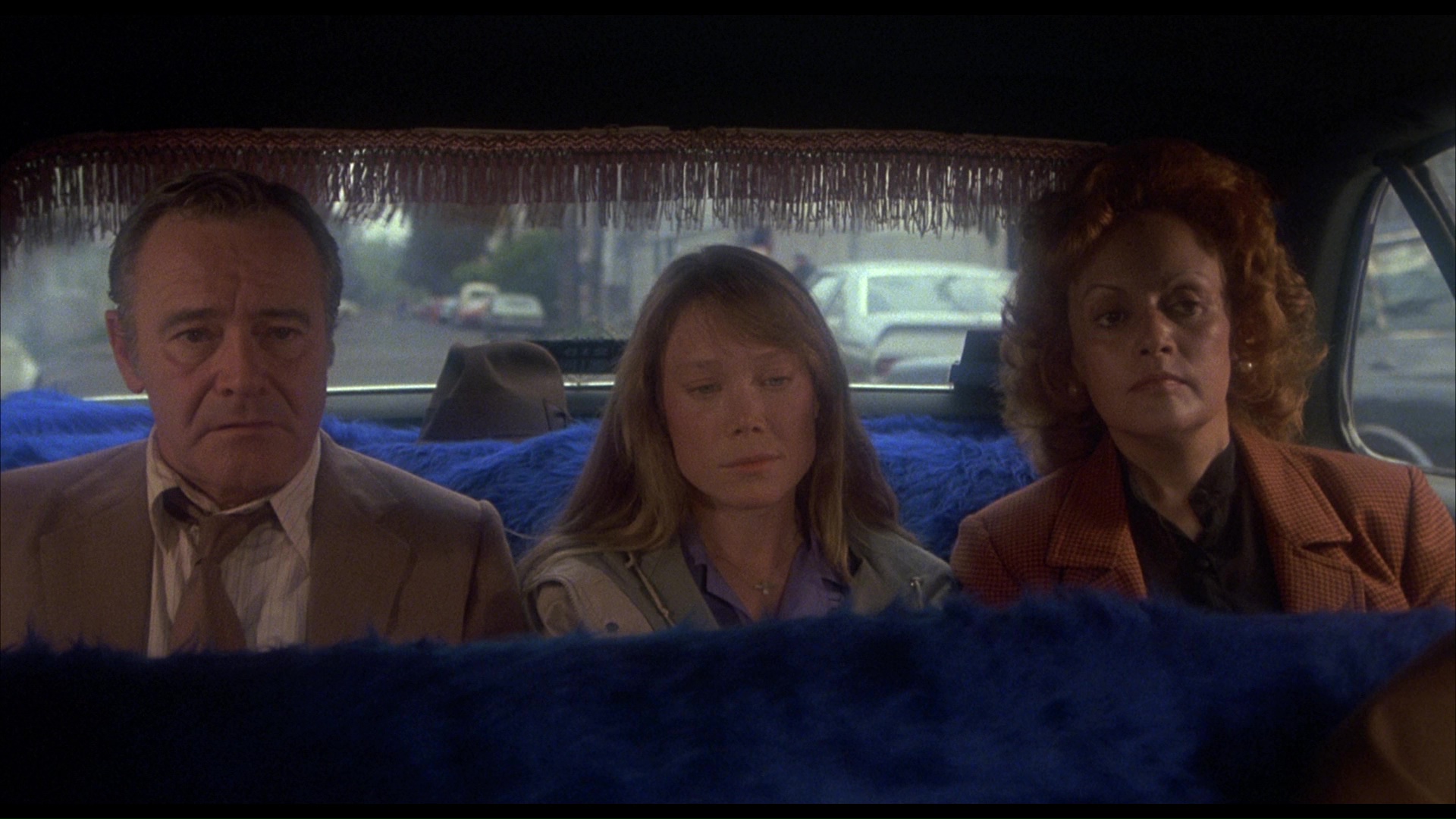 his third and most internationally
his third and most internationally 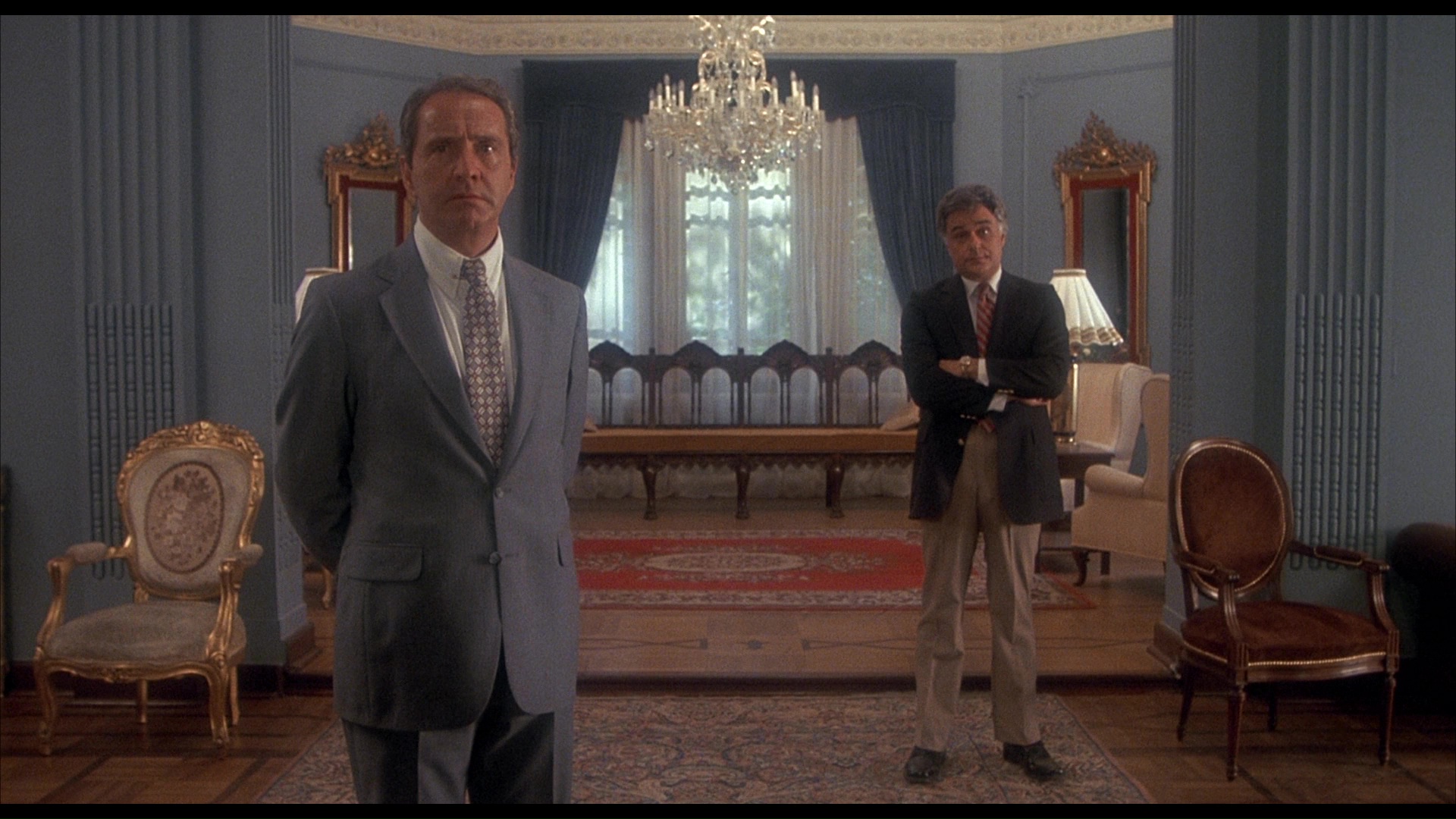 successful film, the 1969 political thriller Z, Greek-born flmmaker Costa-Gavras spent the following decade tackling any number of sensitive topics and prodding western sensibilities about governmental abuse. However, it was only with 1982’s Missing that he really hit a raw nerve again and scored a major success, earning a publicized response from the U.S. State Department just before the film’s release, nabbing multiple Oscar nominations and winning one for its screenplay, and even falling afoul of a lawsuit that kept it out of circulation for a few years. Both a gripping thriller in its own right and a scathing condemnation of the Pinochet regime in Chile, it’s a film that continues to chill and resonate all too effectively.
successful film, the 1969 political thriller Z, Greek-born flmmaker Costa-Gavras spent the following decade tackling any number of sensitive topics and prodding western sensibilities about governmental abuse. However, it was only with 1982’s Missing that he really hit a raw nerve again and scored a major success, earning a publicized response from the U.S. State Department just before the film’s release, nabbing multiple Oscar nominations and winning one for its screenplay, and even falling afoul of a lawsuit that kept it out of circulation for a few years. Both a gripping thriller in its own right and a scathing condemnation of the Pinochet regime in Chile, it’s a film that continues to chill and resonate all too effectively.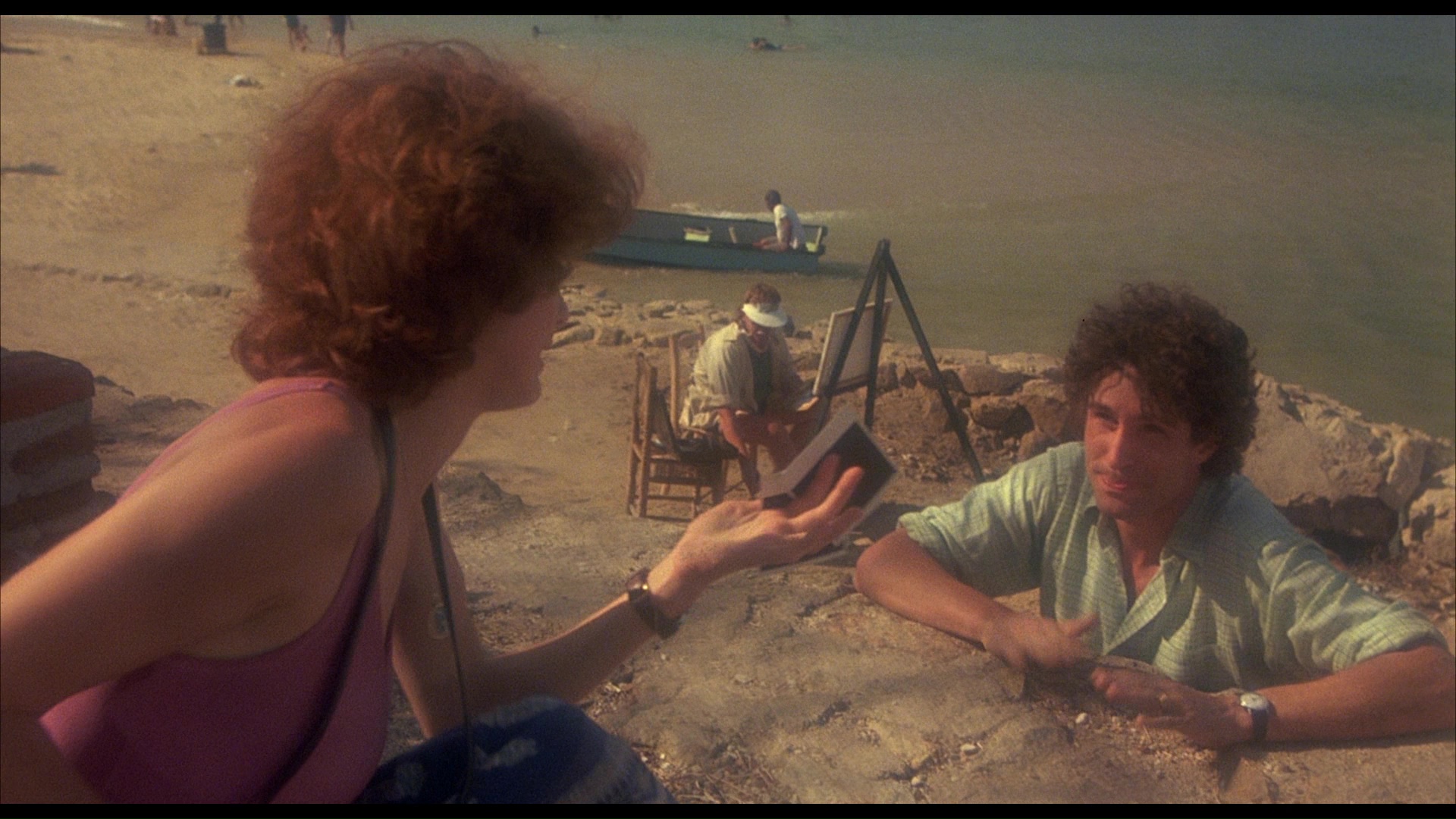
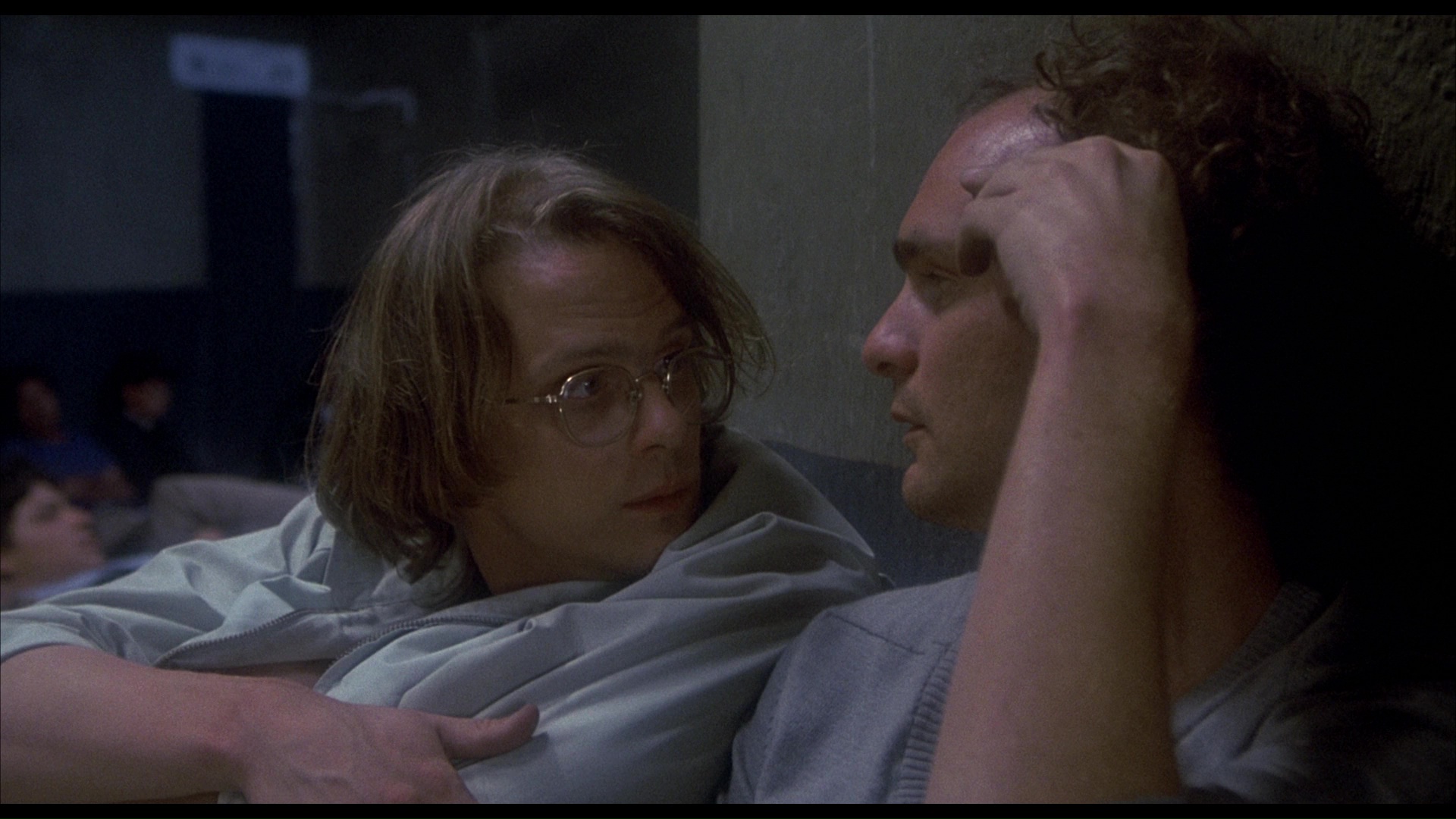 to poke the bear right from the outset, Missing was heavily publicized as a true story and was based on Thomas Hauser's 1978 book, The Execution of Charles Horman: An American Sacrifice, which was republished as Missing to tie in with the film. Several names were changed ostensibly to protect the real people, though anyone with an interest had no trouble figuring out who they were. Interestingly, the film doesn't shy away at all from implicating real Americans in the tragic scenario, with even Henry Kissinger getting slammed in the closing moments. Once again Costa-Gavras displays a sure hand at mingling disturbing political content with assured thriller filmmaking, sprinkling the film with haunting images like a runaway white horse charging through the night streets or a chilling sequence involving dozens of unidentified dead bodies. Both Spacek and Lemmon are excellent and anchor the film with an effective chemistry that evolves from understated hostility to a state of shared trauma, with the rest of the cast filling out its far less demanding roles authentically as well. Also noteworthy is the effective music score by Vangelis, hot off of his Oscar win for Chariots of Fire. Unfortunately this would join the list of far too many of the composer's score that have yet to receive an official release apart from the main theme, which has popped up on a handful of compilations and a vinyl 45 single.
to poke the bear right from the outset, Missing was heavily publicized as a true story and was based on Thomas Hauser's 1978 book, The Execution of Charles Horman: An American Sacrifice, which was republished as Missing to tie in with the film. Several names were changed ostensibly to protect the real people, though anyone with an interest had no trouble figuring out who they were. Interestingly, the film doesn't shy away at all from implicating real Americans in the tragic scenario, with even Henry Kissinger getting slammed in the closing moments. Once again Costa-Gavras displays a sure hand at mingling disturbing political content with assured thriller filmmaking, sprinkling the film with haunting images like a runaway white horse charging through the night streets or a chilling sequence involving dozens of unidentified dead bodies. Both Spacek and Lemmon are excellent and anchor the film with an effective chemistry that evolves from understated hostility to a state of shared trauma, with the rest of the cast filling out its far less demanding roles authentically as well. Also noteworthy is the effective music score by Vangelis, hot off of his Oscar win for Chariots of Fire. Unfortunately this would join the list of far too many of the composer's score that have yet to receive an official release apart from the main theme, which has popped up on a handful of compilations and a vinyl 45 single. 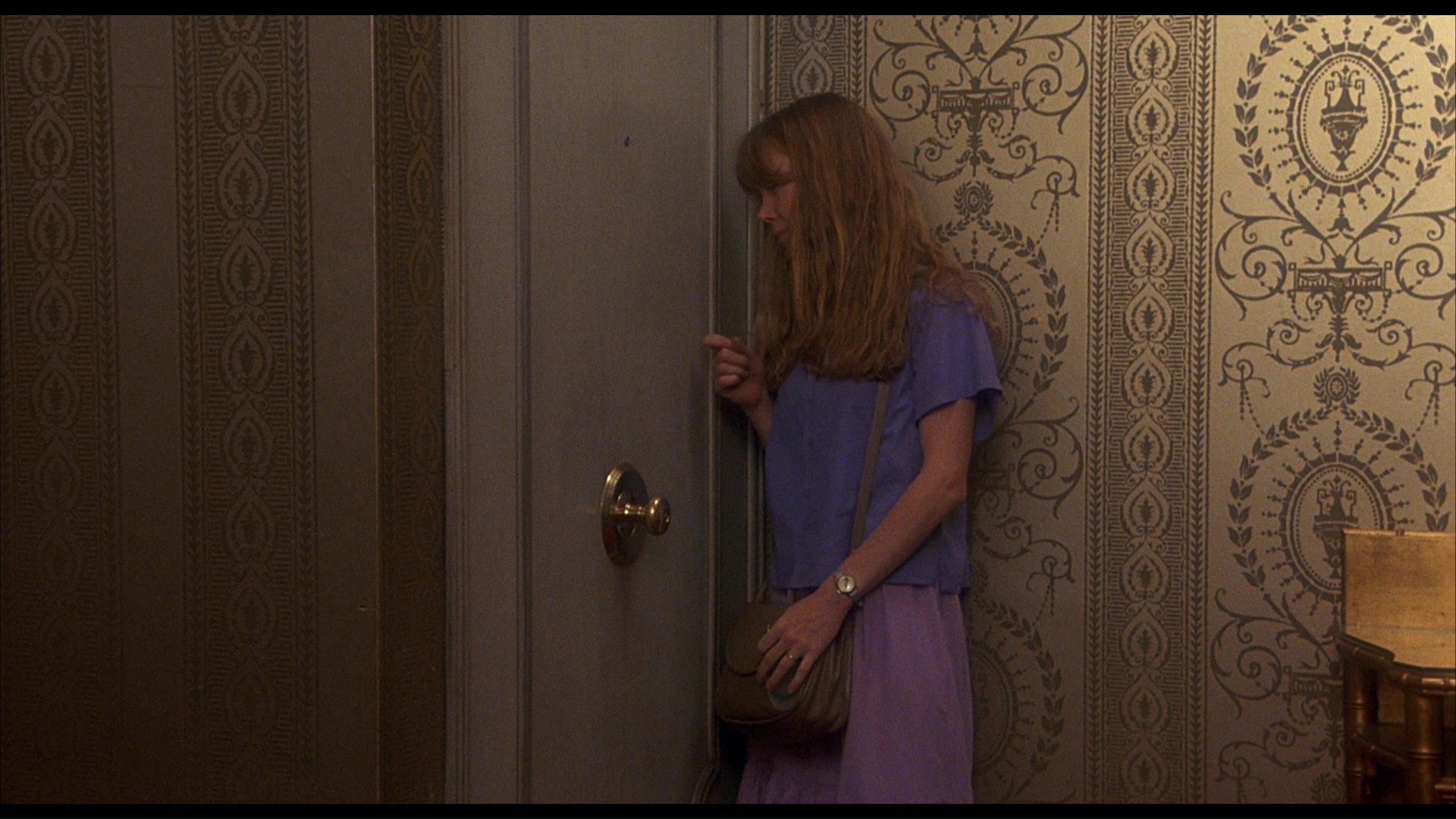
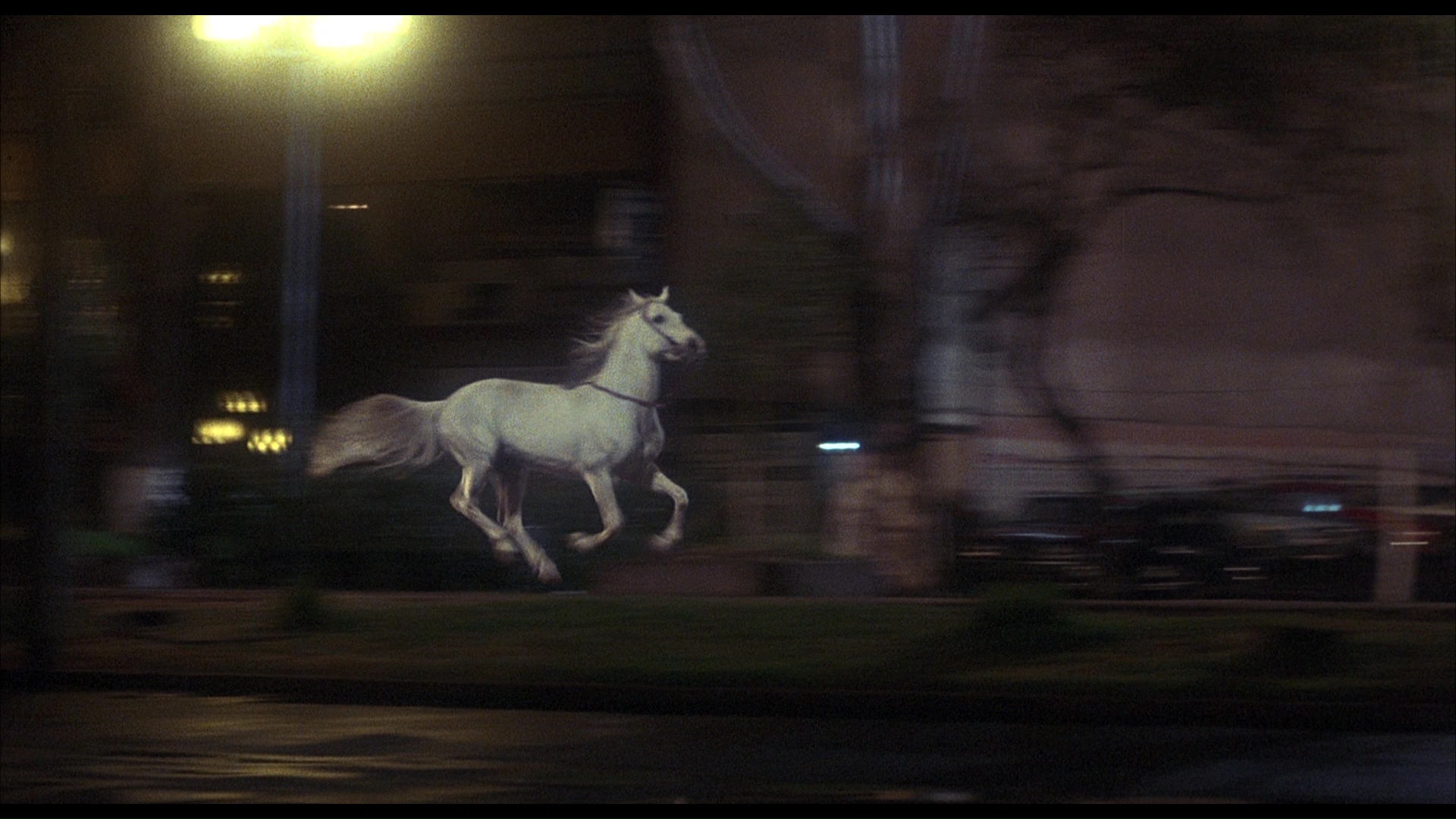 Hauser (17m27s). A reel of press interviews from the 1982 Cannes Film Festival (19m22s) features Costa-Gavras, Lemmon, and the real Ed and Joyce Horman. The Pinochet File author Peter Kornbluh contributes a look at the circumstances surrounding the 1973 Pinochet coup (19m28s), and a highlight reel (20m50s) covers a salute to the film by the Charles Horman Truth Project in 2002 with Spacek, Shea, and Mayron among the attendees. The theatrical trailer rounds out the set, which is packaged with an insert booklet containing new liner notes by Michael Wood, a letter from Horman family friend Terry Simon, a Costa-Gavras interview, and the U.S. State Department's official response to the film in 1982.
Hauser (17m27s). A reel of press interviews from the 1982 Cannes Film Festival (19m22s) features Costa-Gavras, Lemmon, and the real Ed and Joyce Horman. The Pinochet File author Peter Kornbluh contributes a look at the circumstances surrounding the 1973 Pinochet coup (19m28s), and a highlight reel (20m50s) covers a salute to the film by the Charles Horman Truth Project in 2002 with Spacek, Shea, and Mayron among the attendees. The theatrical trailer rounds out the set, which is packaged with an insert booklet containing new liner notes by Michael Wood, a letter from Horman family friend Terry Simon, a Costa-Gavras interview, and the U.S. State Department's official response to the film in 1982. 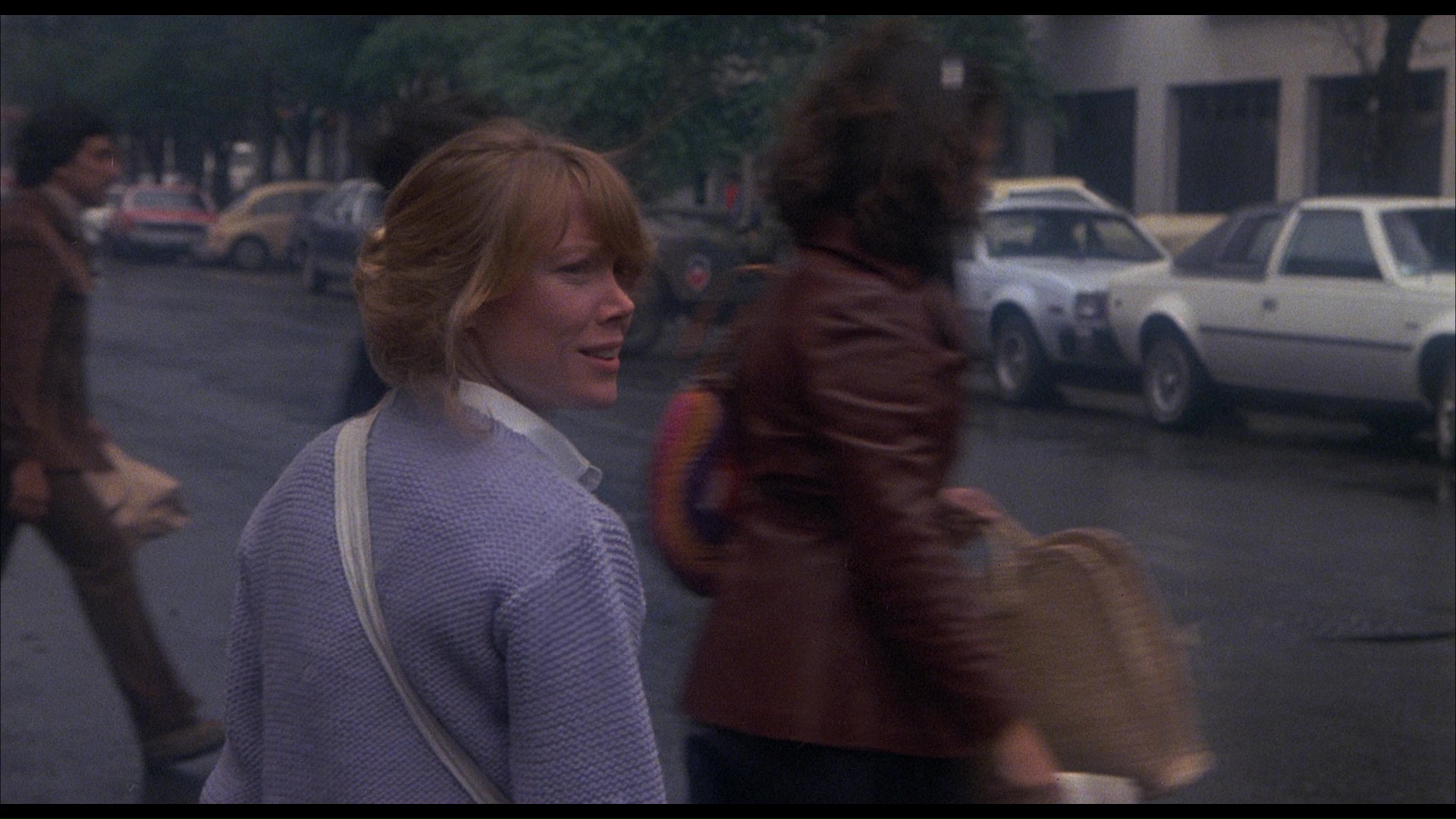 movie stars expressing their political beliefs. The other track features Lemmon recorded in 1986 with Jonathan
movie stars expressing their political beliefs. The other track features Lemmon recorded in 1986 with Jonathan 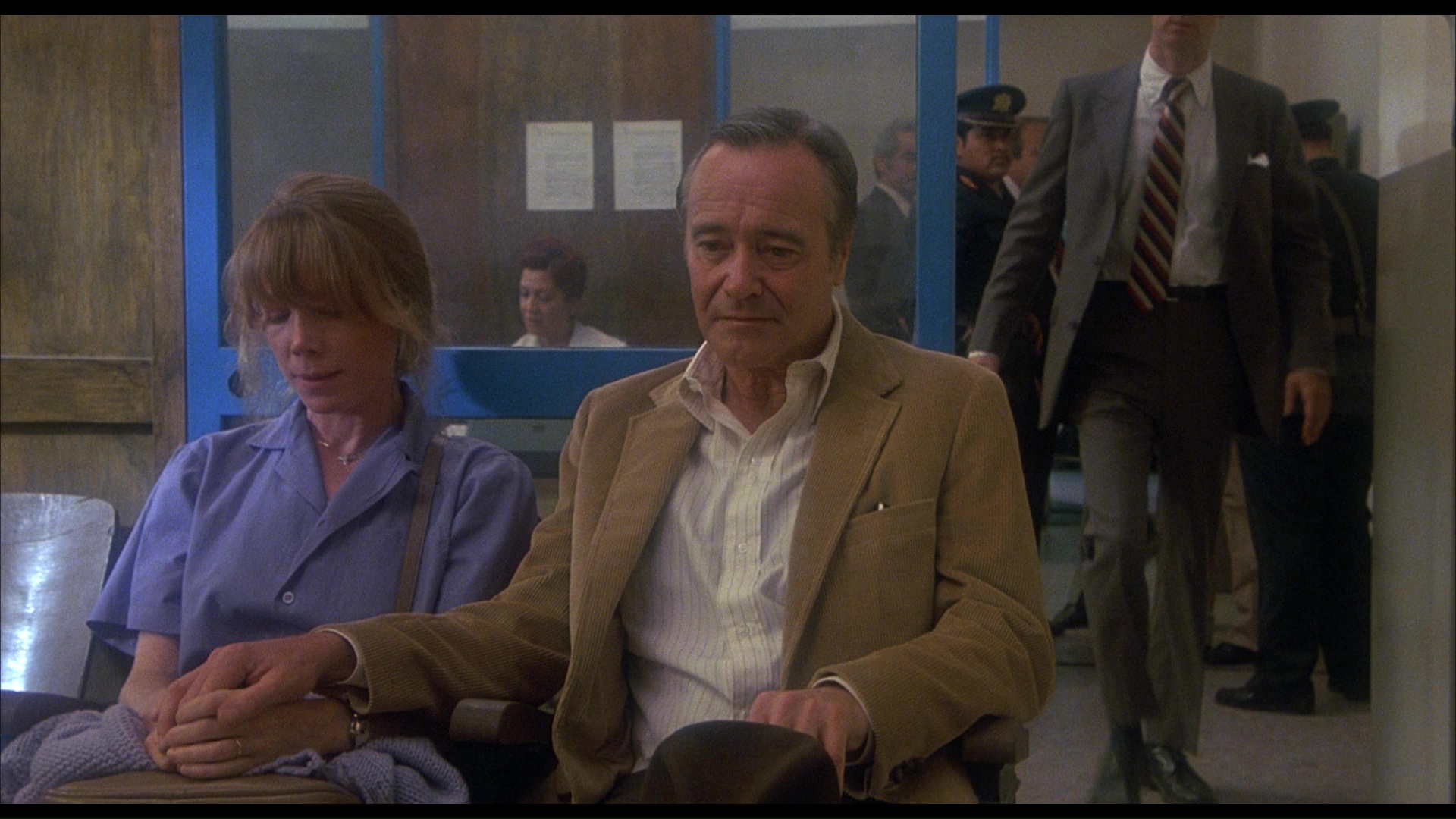 Miller, essentially functioning as a sequel to the 1973 one with the actor featured on Indicator's Blu-ray of The China Syndrome. It's quite an interesting master class in acting technique as he dives into his own techniques, his insecurities, the nature of why people act, and his love for stage work, among lots of other subjects. On the video side you get a quick Costa-Gavras interview from Cannes (3m10s) including comments about that white horse and thoughts on Vietnam, a Journal Antenne 2 (3m30s) TV interview with him from the same year with Christine Ockrent, while 2006's "Many Americas" (30m59s) with the director is more of a retrospective look at how he first encountered the book, cast the film (with Ed Asner approached at one point), developed the screenplay, and developed techniques to guide the actors. (It's interesting to see clips of the film dubbed in French with subtitles, too.) Joyce Horman appears for 2006's "Freedom of Information" (27m22s) with an in-depth account of how she and her husband ended up in Chile, why her name was changed for the film, and what kind of communication she had with Costa-Gavras before, during, and after the shoot. She also offers what was an update at the time on the ongoing investigation into the case, which eventually would go on to provide some surprising information that alters the tone of the end of this film. Finally, the new "Politically Personal" (24m14s) has director-actor Keith Gordon appraising the film's status as a brave political statement in Hollywood when such efforts are all too rare. If you've never seen the film and have little context for the time period it's depicting, you may want to watch this first as he offers some excellent context for the attitudes at the time towards the young and the split that the Vietnam War had created. Also included are the trailer, a gallery of posters and stills, and another superb booklet (only in the limited 3,000-unit first edition) featuring new liner notes by Michael Pattison, text interviews with Costa-Gavras and Hauser, and archival reviews from the initial release.
Miller, essentially functioning as a sequel to the 1973 one with the actor featured on Indicator's Blu-ray of The China Syndrome. It's quite an interesting master class in acting technique as he dives into his own techniques, his insecurities, the nature of why people act, and his love for stage work, among lots of other subjects. On the video side you get a quick Costa-Gavras interview from Cannes (3m10s) including comments about that white horse and thoughts on Vietnam, a Journal Antenne 2 (3m30s) TV interview with him from the same year with Christine Ockrent, while 2006's "Many Americas" (30m59s) with the director is more of a retrospective look at how he first encountered the book, cast the film (with Ed Asner approached at one point), developed the screenplay, and developed techniques to guide the actors. (It's interesting to see clips of the film dubbed in French with subtitles, too.) Joyce Horman appears for 2006's "Freedom of Information" (27m22s) with an in-depth account of how she and her husband ended up in Chile, why her name was changed for the film, and what kind of communication she had with Costa-Gavras before, during, and after the shoot. She also offers what was an update at the time on the ongoing investigation into the case, which eventually would go on to provide some surprising information that alters the tone of the end of this film. Finally, the new "Politically Personal" (24m14s) has director-actor Keith Gordon appraising the film's status as a brave political statement in Hollywood when such efforts are all too rare. If you've never seen the film and have little context for the time period it's depicting, you may want to watch this first as he offers some excellent context for the attitudes at the time towards the young and the split that the Vietnam War had created. Also included are the trailer, a gallery of posters and stills, and another superb booklet (only in the limited 3,000-unit first edition) featuring new liner notes by Michael Pattison, text interviews with Costa-Gavras and Hauser, and archival reviews from the initial release.